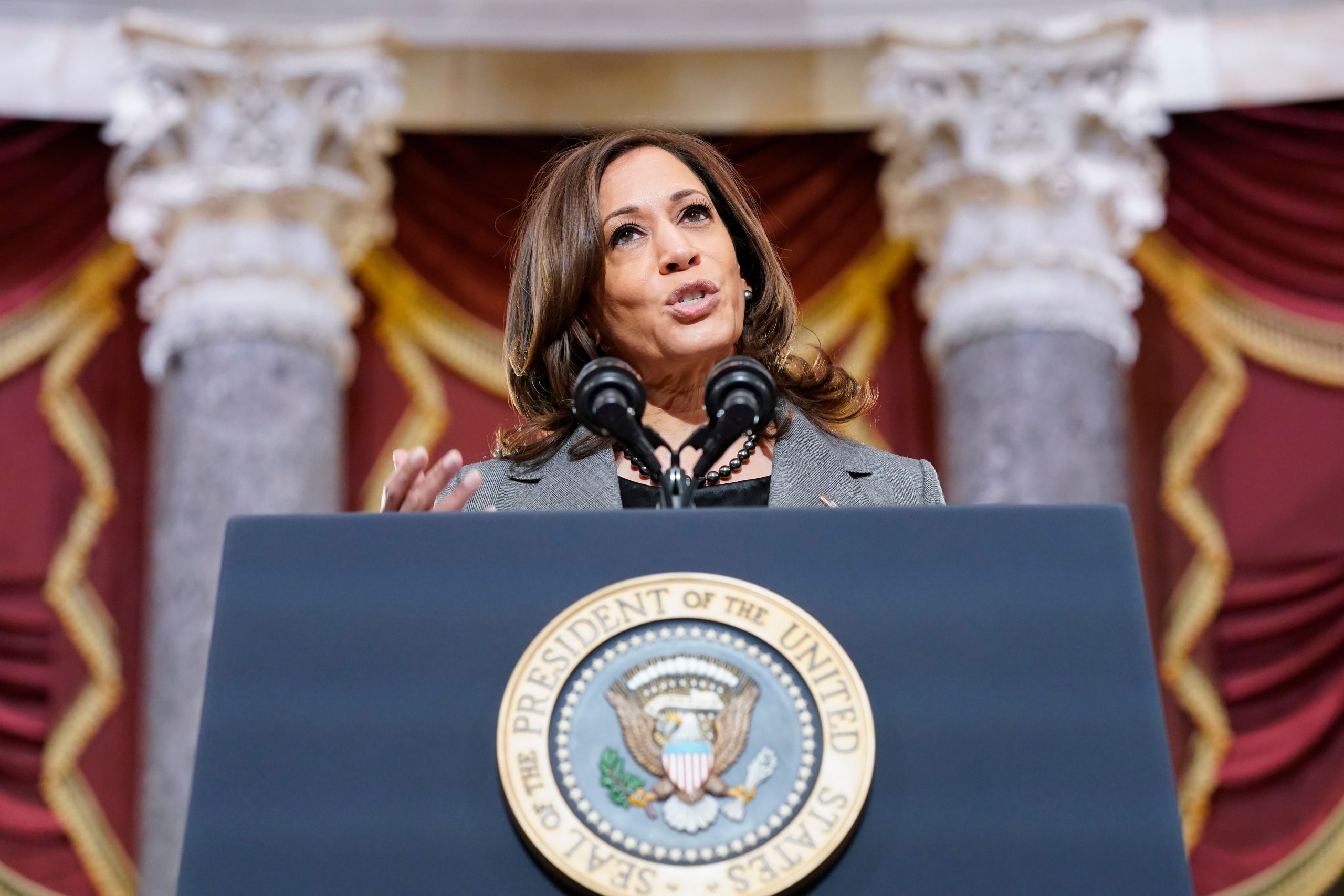US Vice President Kamala Harris has so far cast 24 tie-breaking votes in the Senate. The latest vote was cast on Sunday, to give passage to the Inflation Reduction Act. The upper legislative chamber had a “vote-a-rama”, taking up back-to-back amendments to the bill.
Harris, 57, is on track to become the Vice President with the highest number of tie-breaker votes. The US Senate, a body of 100 lawmakers, dictates that in case of a tie, the deciding vote shall be cast by the Vice President, who also presides over the chamber.
Also Read: Are US primaries a pre-show for 2024 presidential elections?
While many of the tie-breaking votes have been used to break a stalemate on nominations, some have been crucial for approving legislations proposed by Democrats, but blocked by Republicans. Here are some examples:
-The US Senate was initially deadlocked on the American Rescue Plan of 2021, a key legislation from the administration of US President Joe Biden. The bill was focused on boosting emergency grants, lending, and investment to hard-hit small businesses during the COVID-19 pandemic.
Republican lawmakers voted to block the discussion on the legislation. Vice President Harris broke the tie.
-In February 2021, the US Senate voted to adopt a budget resolution for individuals impacted by the COVID-19 pandemic. The economic relief measure was blocked by GOP Senators, but Harris broke the tie to adopt the resolution.
An amendment, proposed by Senator Chuck Schumer, was also passed with Harris’ help in the Senate.
-In October last year, 50 Republicans in the Senate voted to block the appointment of Catherine Elizabeth Lhamon, who was nominated as assistant secretary for civil rights of the Department of Education.
Also Read: How US primaries changed after Supreme Court reversed Roe v. Wade
Vice President Harris voted first to support the motion to vote and then had to break another tie to confirm the nomination of Elizabeth Lhamon.
The US Senate has been evenly split between Democrats and Republicans after the 2020 general elections. The House of Representatives, however, is dominated by Democrats.







